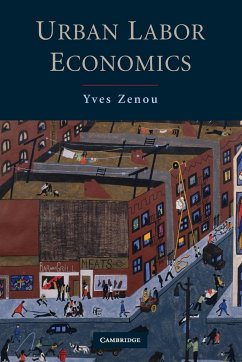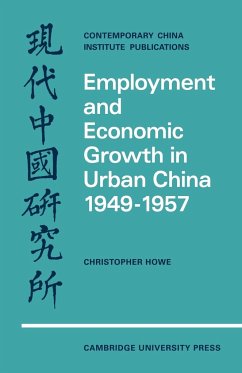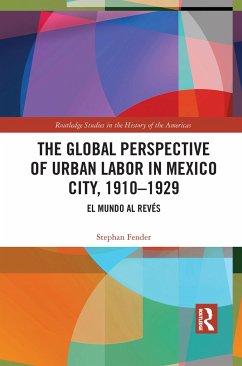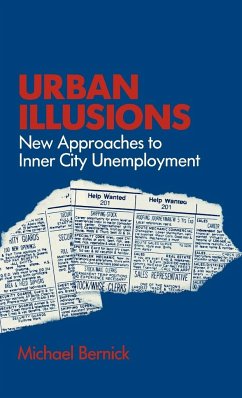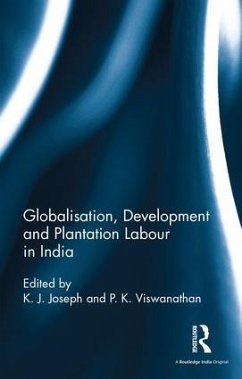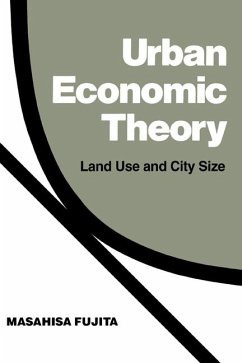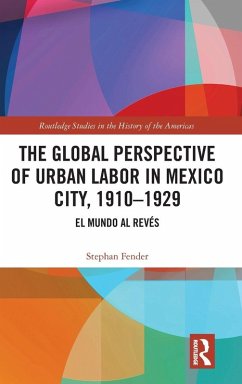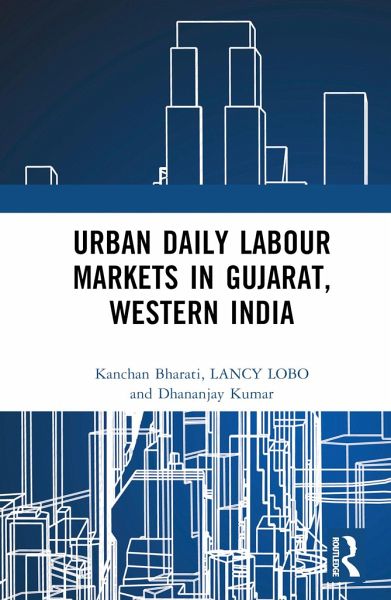
Urban Daily Labour Markets in Gujarat, Western India
Versandkostenfrei!
Versandfertig in 1-2 Wochen
167,99 €
inkl. MwSt.
Weitere Ausgaben:

PAYBACK Punkte
84 °P sammeln!
This volume explores one of the most complex labour landscapes of India - the urban daily labour market. These markets form an important sector of the urban informal labour market and contribute significantly to the Indian economy. This book presents an empirical, comparative picture of daily labour markets, in Gujarat, Western India. These markets consist mostly of intra-state and interstate migrant workers who suffer from layered multiple marginalities based on markers of informality, migrant status, caste, ethnicity, gender and poor agency and often live in the peripheries of the cities wit...
This volume explores one of the most complex labour landscapes of India - the urban daily labour market. These markets form an important sector of the urban informal labour market and contribute significantly to the Indian economy. This book presents an empirical, comparative picture of daily labour markets, in Gujarat, Western India. These markets consist mostly of intra-state and interstate migrant workers who suffer from layered multiple marginalities based on markers of informality, migrant status, caste, ethnicity, gender and poor agency and often live in the peripheries of the cities without any rights and entitlements to their spaces and services. This study, based on an extensive survey of three cities in Gujarat, contains descriptions and analyses of the places of migration and their causes as well as the working and living conditions of the workers along with their spending patterns on food, health, education and leisure. It mirrors the work, life and issues of these workers on the regional level while contributing to a better understanding for future policy interventions. An in-depth study, the book will be of interest to students and researchers of labour economics, labour studies, urban planning, social work, sociology, anthropology, and demography. It will also be useful to NGOs/trade unions working with migrant workers, civil servants in Labour department and other related departments, city planners and policy makers.




